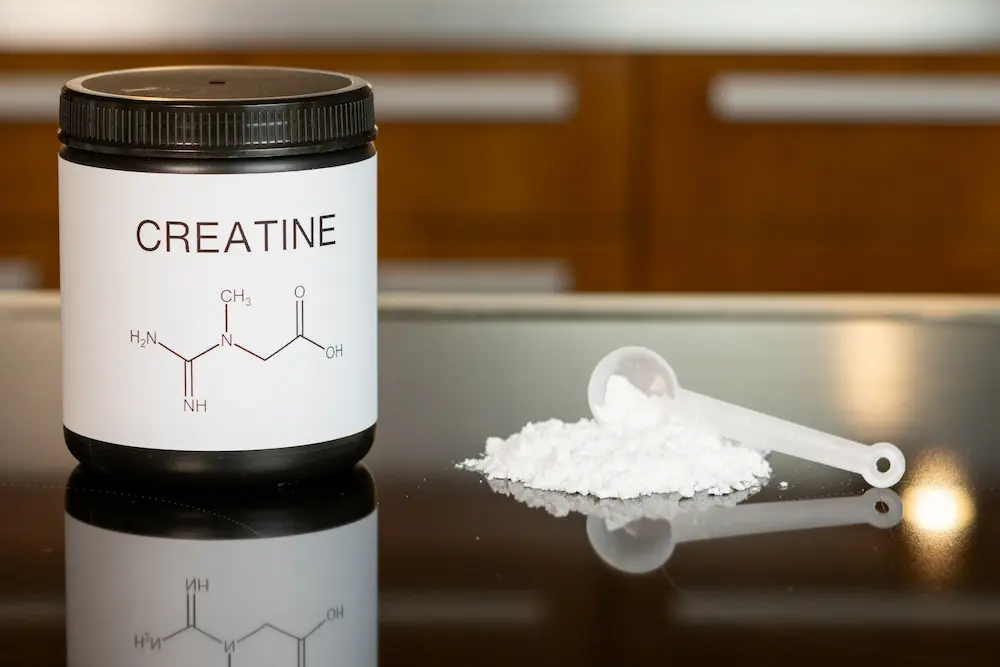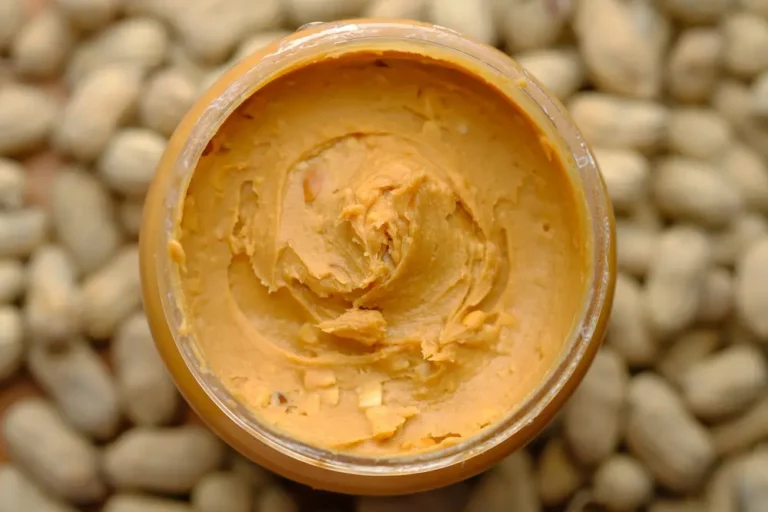Does Creatine Make You Poop? Exploring the Possible Side Effects
As someone who is interested in fitness and supplements, I’ve heard a lot of rumors about creatine and its effects on digestion. One of the most common claims is that creatine makes you poop. So, is there any truth to this?
After doing some research, I found that there are mixed opinions on whether or not creatine can cause digestive issues. Some people report experiencing diarrhea or stomach cramps after taking creatine, while others have no problems at all. So, what’s the deal?
What is Creatine?
Understanding Creatine
Creatine is a naturally occurring amino acid that is found in the muscles of the body. It is responsible for providing energy to the muscles during high-intensity exercise and is therefore widely used as a supplement by athletes and bodybuilders. Creatine is produced in the liver and kidneys and is transported to the muscles through the bloodstream.
Creatine is available in various forms, including creatine monohydrate, creatine ethyl ester, and creatine hydrochloride. Creatine monohydrate is the most common form and is widely used in research studies.
Benefits of Creatine
Creatine has been shown to have several benefits for athletes and bodybuilders. Some of these benefits include:
- Increased muscle strength and power: Creatine supplementation has been shown to increase muscle strength and power, particularly during high-intensity exercise.
- Improved endurance: Creatine supplementation has been shown to improve endurance in athletes participating in high-intensity exercise.
- Increased muscle mass: Creatine supplementation has been shown to increase muscle mass in athletes and bodybuilders.
- Improved recovery: Creatine supplementation has been shown to improve recovery following high-intensity exercise.
Overall, creatine is a safe and effective supplement that can provide several benefits for athletes and bodybuilders. However, it is important to consult with a healthcare professional before starting any new supplement regimen.
How Does Creatine Affect Digestion?
As someone who has taken creatine supplements, I have experienced some digestive effects. In this section, I will discuss how creatine affects digestion, including its impact on gut health and bowel movements.
Creatine and Gut Health
Research suggests that creatine supplementation may affect gut health. Creatine loading phases require people to consume up to 20-25g of creatine per day for 5-7 days. This amount of creatine could overwhelm the gastrointestinal tract and cause some digestive discomfort.
However, it is important to note that not everyone experiences these effects. Some people may have a more sensitive gut, while others may not experience any digestive issues at all.
To minimize the risk of digestive discomfort, it is recommended to start with a lower dose of creatine and gradually increase it over time. Additionally, it is important to stay hydrated and maintain a balanced diet to support gut health.
Creatine and Bowel Movements
Another common concern among creatine users is its impact on bowel movements. Some people report experiencing diarrhea or constipation after taking creatine supplements.
Research suggests that creatine may cause gastrointestinal distress, including diarrhea, in some individuals. However, this effect is not universal and may depend on factors such as dosage, hydration status, and individual gut health.
To minimize the risk of bowel movement issues, it is recommended to start with a lower dose of creatine and gradually increase it over time. Additionally, it is important to stay hydrated and maintain a balanced diet to support gut health.
In summary, creatine may affect gut health and bowel movements in some individuals. It is important to start with a lower dose and gradually increase it over time, stay hydrated, and maintain a balanced diet to minimize the risk of digestive discomfort.
Does Creatine Make You Poop?
As someone who has been taking creatine for a while, I have often wondered if it makes me poop more frequently. After doing some research, I found that there are mixed opinions on this topic. Here’s what I discovered.
Scientific Evidence
According to a study published in the Journal of the International Society of Sports Nutrition, creatine supplementation can cause gastrointestinal distress. The study found that participants who took creatine experienced a higher incidence of diarrhea than those who took a placebo. However, the study also noted that the incidence of diarrhea was not significantly different between the creatine and placebo groups.
Another study published in the British Journal of Nutrition found that creatine supplementation did not cause any significant changes in bowel movements. The study concluded that creatine supplementation is safe and does not cause any gastrointestinal distress.
User Experiences
Many people who take creatine report experiencing gastrointestinal distress, including diarrhea and constipation. However, it’s important to note that everyone’s body reacts differently to supplements, and some people may not experience any side effects at all.
If you’re considering taking creatine and are concerned about its effects on your bowel movements, it’s a good idea to start with a lower dose and gradually increase it over time. Additionally, make sure you stay hydrated and eat a healthy, balanced diet to help minimize any potential side effects.
Overall, the scientific evidence on whether creatine makes you poop is mixed, and individual experiences may vary. If you’re considering taking creatine, it’s important to talk to your doctor first and closely monitor your body’s reaction to the supplement.
How to Manage Creatine Side Effects
As with any supplement, it’s important to manage the potential side effects of creatine. Here are some tips to help you minimize any discomfort:
Proper Dosage
One of the most important factors to consider when taking creatine is the dosage. Research has shown that taking more than 10g of creatine per day can increase the risk of diarrhea and other digestive issues. It’s recommended to start with a lower dosage, around 2-5g per day, and gradually increase as needed. It’s also important to follow the instructions on the label and not exceed the recommended dosage.
Staying Hydrated
Dehydration can exacerbate digestive issues, so it’s important to stay hydrated when taking creatine. Aim to drink at least 8 glasses of water per day, and more if you’re engaging in intense physical activity. You can also consider adding electrolyte-rich drinks or supplements to your routine to help maintain proper hydration levels.
Balanced Diet
Eating a balanced diet can also help minimize the potential side effects of creatine. Aim to consume a variety of fruits, vegetables, lean proteins, and whole grains to ensure you’re getting all the nutrients your body needs. Avoid consuming large amounts of processed or high-fat foods, as these can exacerbate digestive issues.
By following these tips, you can minimize the potential side effects of creatine and enjoy the benefits of this popular supplement. Remember to always consult with a healthcare professional before starting any new supplement regimen, especially if you have pre-existing medical conditions or are taking other medications.
Conclusion
In conclusion, the question of whether creatine makes you poop is not a straightforward one. While there is no solid evidence to suggest that creatine directly causes bowel movements, it may lead to gastrointestinal distress, which can result in diarrhea and frequent bowel movements.
It is important to note that not everyone who takes creatine will experience these side effects, and they are generally more common during the loading phase when larger doses are consumed. However, if you do experience any discomfort or digestive issues while taking creatine, it is recommended that you speak to a doctor or healthcare professional.
Overall, creatine is a safe and effective supplement for improving exercise performance and muscle growth. It is important to follow recommended dosages and to stay hydrated while taking creatine to minimize the risk of any side effects. Additionally, it is important to purchase creatine from a reputable source to ensure that you are getting a high-quality product.
In summary, while creatine may not directly cause you to poop, it is important to be aware of potential digestive issues and to take precautions to minimize the risk of any discomfort. With proper use and care, creatine can be a valuable tool for achieving your fitness goals.







